Community leaders and elected officials on Chicago’s South Side are publicly calling on Illinois Governor JB Pritzker to grant clemency to Larry Hoover, the former gang leader who remains incarcerated for a 1973 murder despite having his federal sentences commuted by former President Donald Trump.
Hoover, 74, was transferred out of the federal supermax facility in Colorado after Trump’s commutation, but he still faces up to 200 years in Illinois for his original conviction. Supporters argue Hoover has transformed in prison and now represents a case for redemption.
“If we’re going by what [Governor Pritzker] claims he believes in and the policies he’s signed, then Larry Hoover represents that,” said Ja’Mal Green, a family friend and local activist. “This is merely politics if JB Pritzker does not use a stroke of his pen.”
Redemption or Justice?
Elected leaders like State Senator Willie Preston and Alderman Stephanie Coleman are among those pushing for a reevaluation. They believe Hoover’s conduct behind bars and his evolution over decades warrants another look.
“At what point do we give a second chance?” asked Alderman Coleman, noting the original goal of the penal system as rehabilitation.
Preston, who represents Illinois’ 16th District and grew up in Englewood, penned a letter to his constituents this week highlighting Hoover’s transformation.
“I understand the pain on both sides,” he said. “But I also believe in the power of redemption.”
Barriers to Clemency
Despite the public pressure, clemency cannot be granted without Hoover petitioning the Illinois Prisoner Review Board. The board previously denied him parole in 2022, citing long-standing concerns and letters from the murder victim’s family.
Governor Pritzker’s office has not issued a direct response but confirmed that a formal petition is required before any clemency process can begin.
Context and Legacy
Hoover was originally convicted of ordering a murder in 1973 and was later found to be operating the Gangster Disciples gang from behind bars. His federal sentences were for running a criminal enterprise from prison, but many argue that his decades in confinement have changed him.
His case remains one of the most controversial in Illinois criminal justice history, now intersecting with larger debates on mass incarceration, second chances, and systemic reform.
Do you think people who serve decades in prison can change enough to deserve clemency? How should leaders balance justice for victims with redemption for those incarcerated? Let us know your thoughts in the comments.

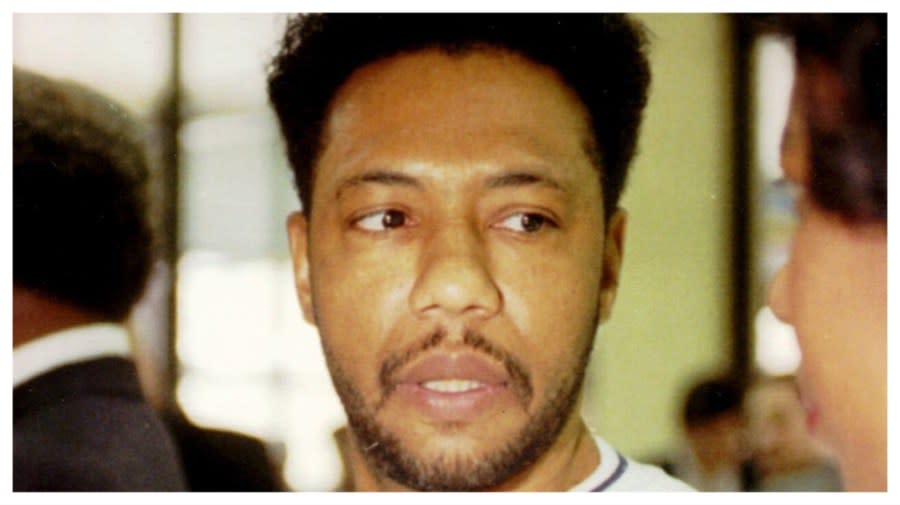


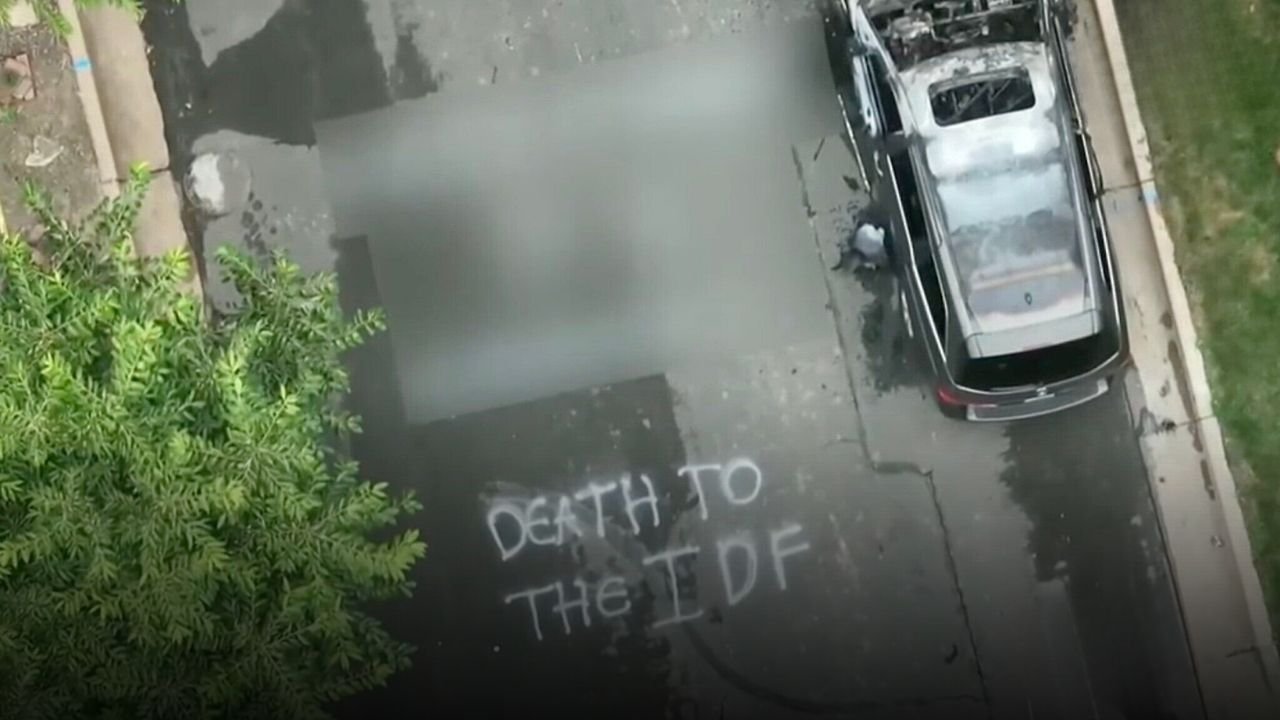

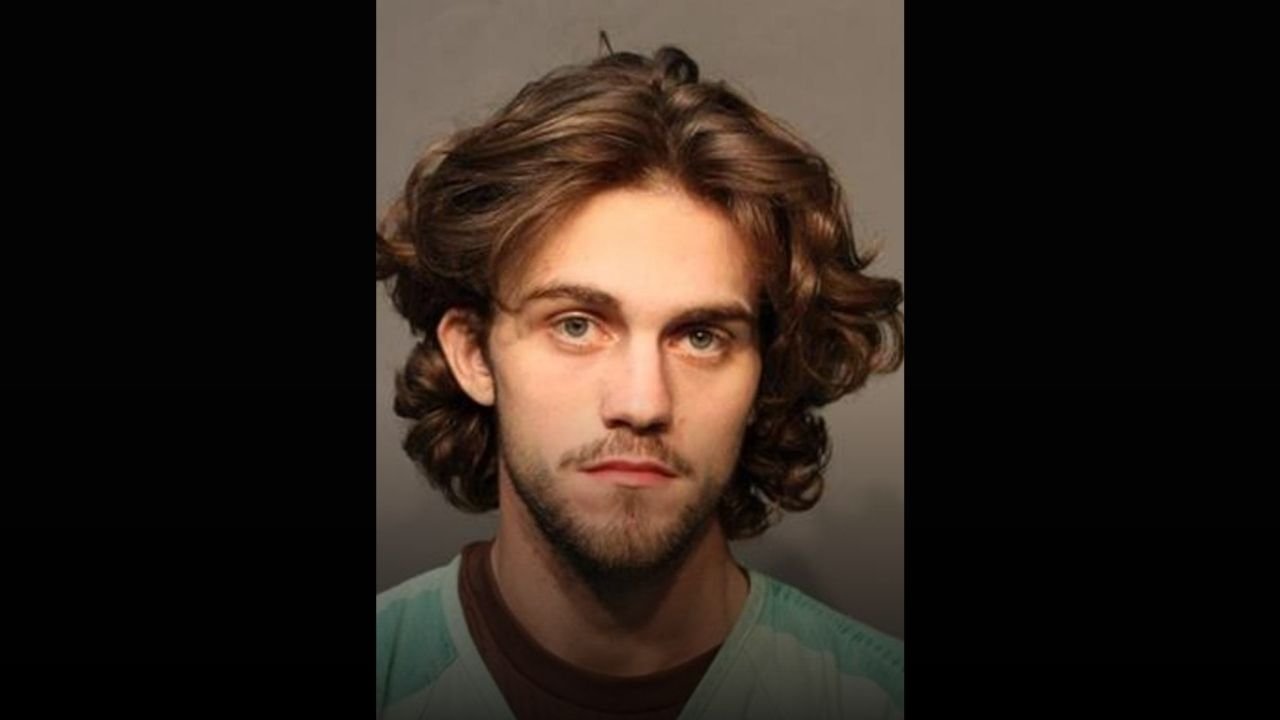
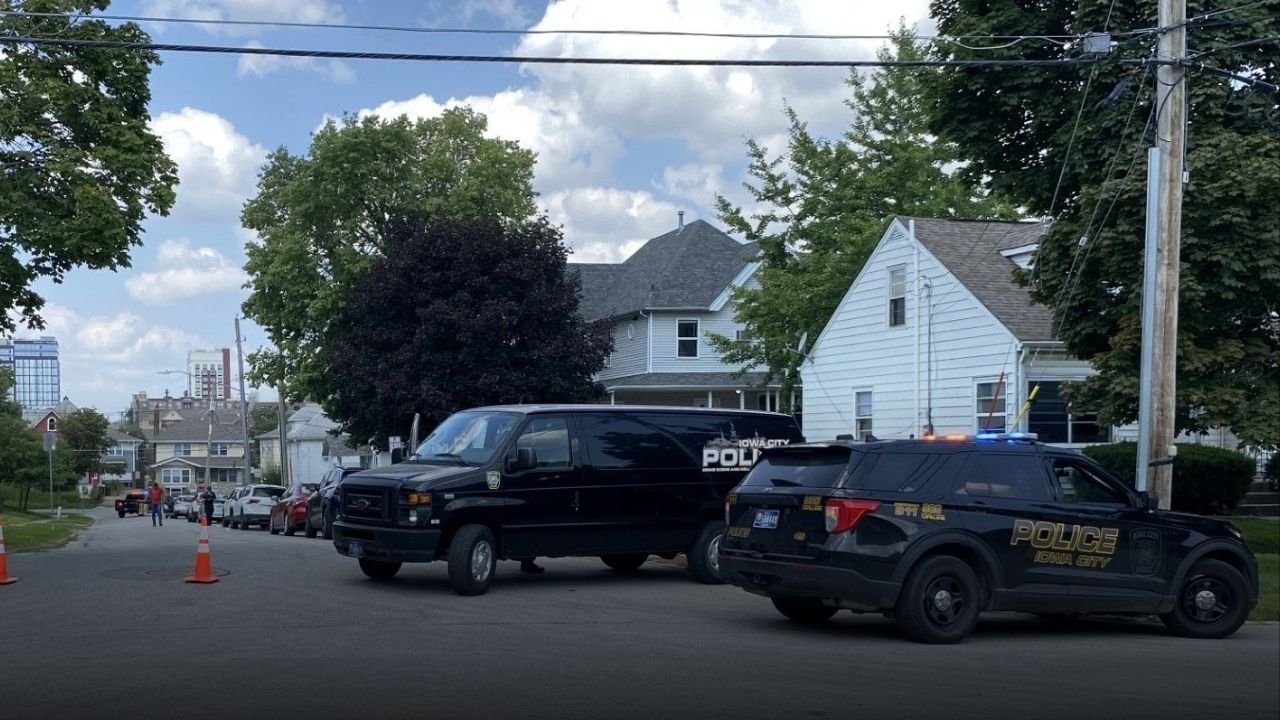
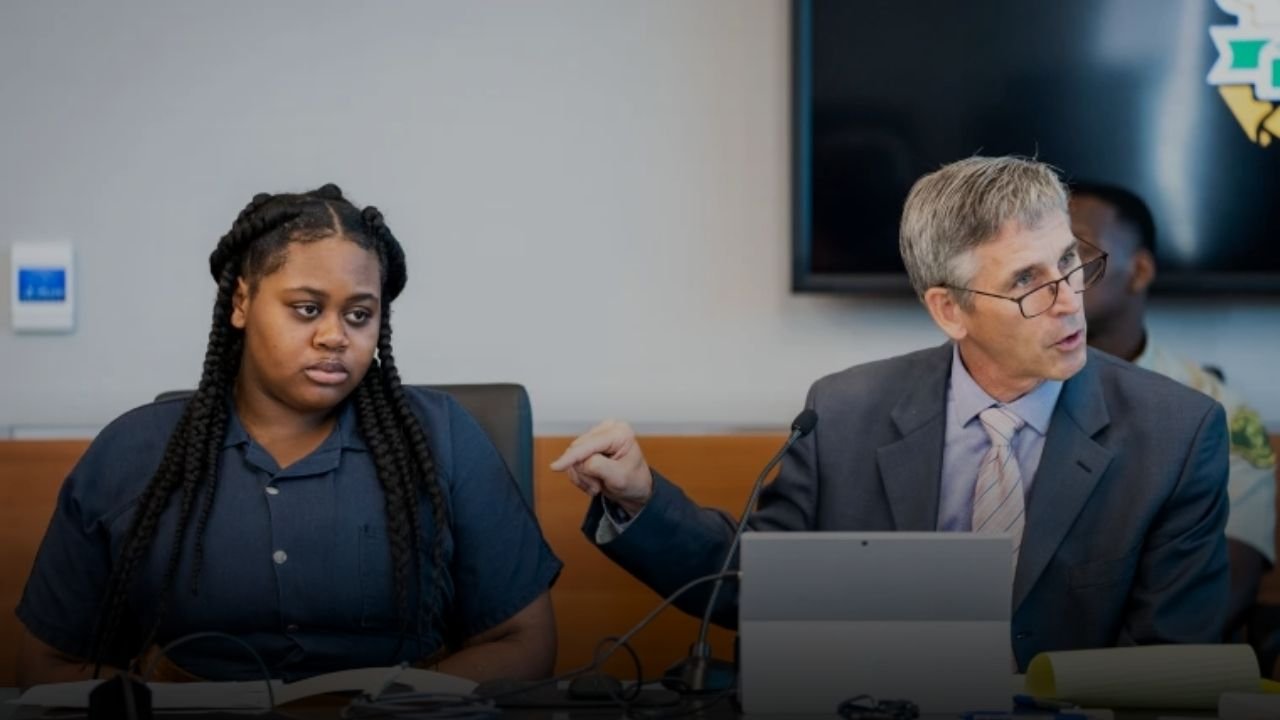
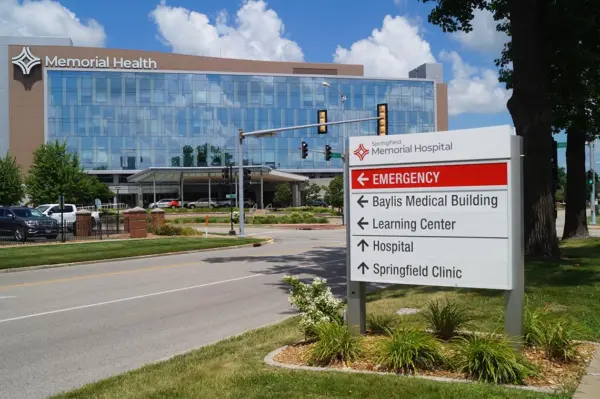


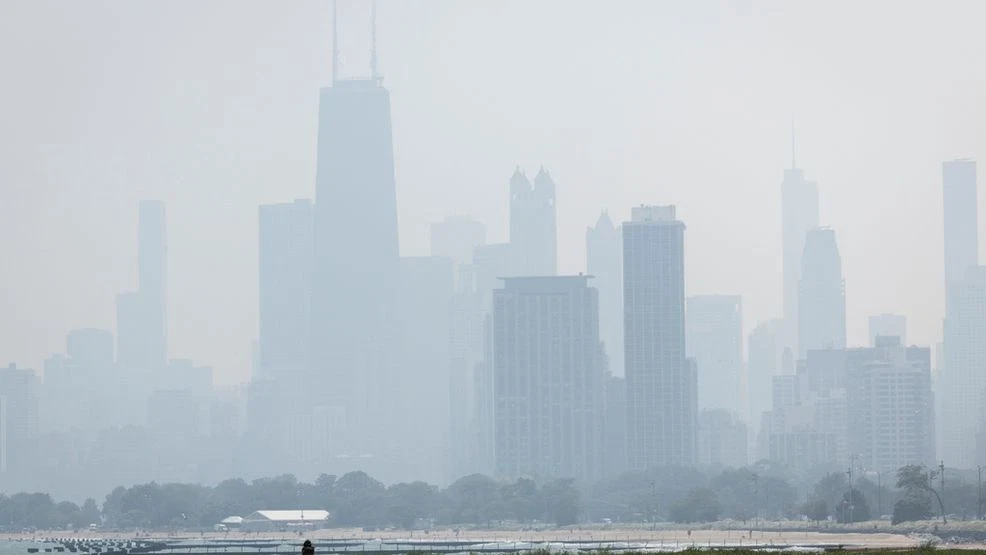
Why don’t we just release El Chapo? Releasing Larry Hoover would be the same thing. This man did more to destroy the Black community in his generation than did anyone else excepting the government. The effects of his crimes still linger with us. I’m glad he’s reformed. Now he can sit in prison and reflect on the lives he destroyed. Many that will never get the opportunity to live as he has.
Thank you for sharing your perspective, Patricia. The debate around clemency raises important questions about justice, rehabilitation, and community impact — and all voices in this conversation matter.